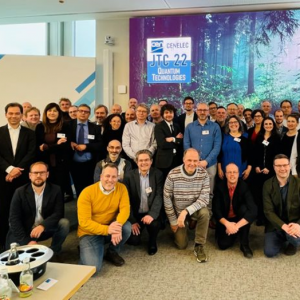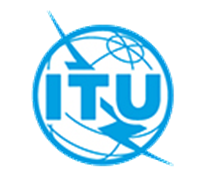HellasQCI aims to provide a secure architecture compatible with EU Standards and Certifications
HellasQCI will join standardisation initiatives relevant to EuroQCI developments (e.g., participation in Gen/Cenelec FGQT, ETSI and ISO/IEC groups).

Current Standardization activities relevant to HellasQCI project:
In April 2020, the Technical Boards of CEN and CENELEC have set up a Focus Group on Quantum Technologies (QT). The secretariat of the Focus Group is held by DIN. The Focus Group held its first kick-off meeting virtually on 18 June 2020.
The FGQT released the following two deliverables:
- FGQT Q04 Standardization Roadmap on Quantum Technologies – Release 1
- FGQT Q05 Quantum Technologies Use Cases – Release 1
At March 9 and 10 / 2023 the first meeting of the newly founded CEN/CENELEC Joint Technical Committee JTC 22 took place in Berlin. It has been hosted by the German DIN who were allocated with its secretariat. JTC 22 will address quantum technologies standardisation on a European level (EU 27 plus 7 European countries, which are not in the EU, see (1) below) and will address all aspects of quantum technologies. CEN/CENELEC Joint Technical Committee JTC 22 Kick Off in Berlin
CEN/CENELEC Joint Technical Committee JTC 22 Kick Off in Berlin
The JTC shall produce standardization deliverables in the field of Quantum Technologies including quantum enabling technologies, quantum sub-systems, quantum platforms & systems, quantum composite systems as well as quantum applications covering the following areas: Quantum metrology, sensing and enhanced imaging, Quantum computing and simulation; Quantum communication and cryptography, as well as provide guidance to other technical committees concerned with Quantum Technologies. The JTC shall also consider the adoption of relevant international standards and standards from other organisations, like ISO/IEC JTC 1 and its subcommittees. The JTC shall produce standardization deliverables to address European market and societal needs, as well as underpinning EU legislation, policies, principles, and values.
HellasQCI will actively contribute to JTC22 supporting a National mirroring committee under the guidance of the Hellenic Organization for Standardization

There is a concern that today’s network communications that are encrypted using conventional public key cryptography may be decrypted in the future, when more powerful processors or new methods of cryptanalysis are available.
ETSI’s Industry Specification Group (ISG) on QKD is leading activities to help fulfil this need by developing common interfaces and specifications for the quantum communications industry that will stimulate markets for components, systems and applications. The group’s work is fundamental to enabling the future interoperability of the quantum communication networks being deployed around the world. Just as importantly, it will ensure that quantum cryptography is implemented in a safe manner that mitigates the risk of side channels and active attacks.
HellasQCI will adopt existing and future ETSIs standards to support the implementation of the Hellenic QCI network.

JCA-QKDN coordinates standardization work on quantum key distribution networks (QKDNs) within ITU-T and acts as the point of contact within ITU-T and other standards development organizations, consortia and forums working on QKD-related standardization.
HellasQCI will monitor the activities of the JCA-QKDN to adopt best practices for the Hellenic QCI network.

